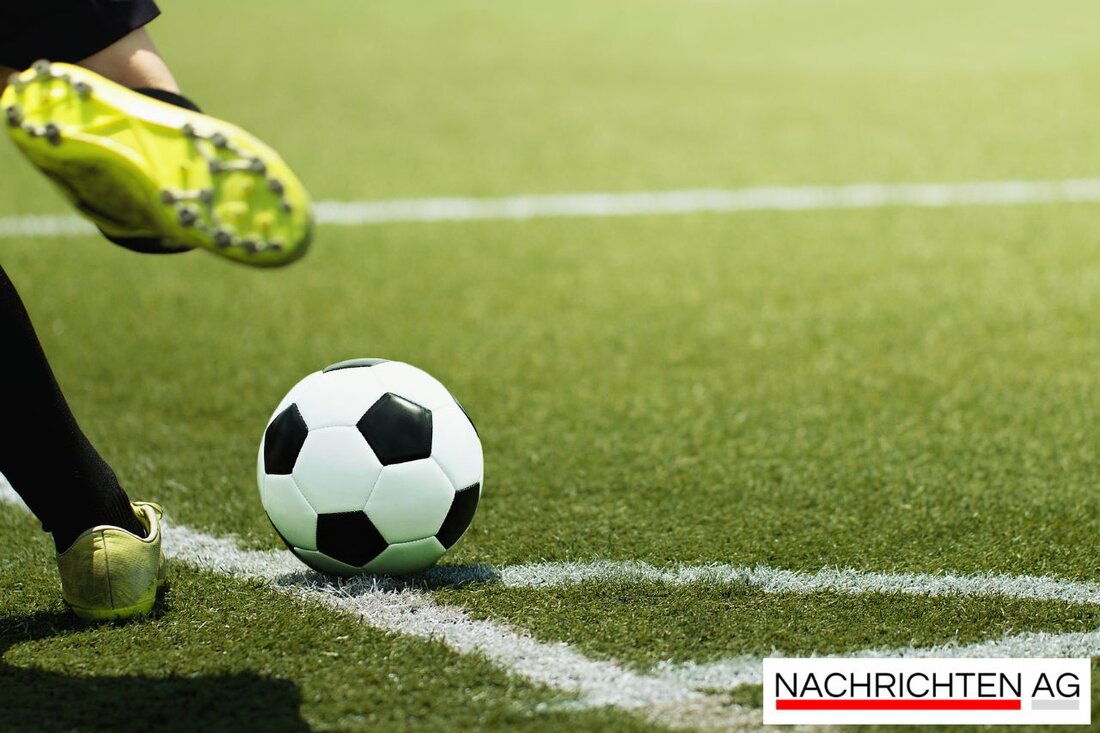Mustafa, the little footballer: Integration through sport!
Find out how football gives children with a migration background, like Mustafa, self-confidence and integration in Munich.

Mustafa, the little footballer: Integration through sport!
“Being on the ball” – this applies not only to football, but also to the integration of young people with a migration background, as the example of nine-year-old Mustafa shows. The talented Harras Boys player proudly wears the number ten on his green and white jersey. Four years ago he came to Munich from Senegal with his family, and now he is part of the “buntkicktgut” project, which not only offers him a soccer team but also a piece of home. As BR24 reports, Mustafa not only struggles on the field, but also deals with experiences of exclusion at school, where he is treated strangely by some classmates.
For many children with a migration background, football is more than just a sport. In Germany, the child population with a migrant background is continuously growing: 39% of the 5.3 million children have such a background. Mustafa is anything but alone. A study by the IZI at Bayerischer Rundfunk from 2021 shows that 94% of the children surveyed with dark skin feel perceived as “foreign” or “different”. This perception has also been recognized by Shaid, a 16-year-old coach from Yemen, who observes the potential of football to boost the confidence of young players like Mustafa.
Integration through sport
“Integration on the ball” is the motto of the project, which Mustafa has been enthusiastic about for seven months. Founded by Rüdiger Heid in 1997, it began as a sports program in shared accommodation for asylum seekers and developed into a street football league that can now also be found in other German cities. Heid emphasizes the importance of exchanging personal biographies in order to arouse curiosity and promote understanding of one another. Training is not just about goals, but also about the personal stories of the players.
The commitment to integration is not only felt on the pitch. A look at the statistics shows that around 50% of the players in the Bundesliga are foreign citizens, a proportion that has remained constant over two decades. In recent years there has even been a change in perception: During the 2024 European Championships, 35% of national soccer players were from a migrant background, a decline compared to the 2010 World Cup, when it was still 48%. Mediendienst-Integration further explains that 69% of football clubs actively support projects to integrate migrants.
Racism as a big issue
However, there are also challenges. Statistics show that 16% of football club members agree with racist statements and there were 7,300 crimes in the 2023/2024 season across the top three leagues. Anti-racism projects and initiatives are therefore essential to promote harmonious coexistence on and off the pitch. There are always discussions about how to deal with right-wing populist trends in the clubs. But the power of community cannot be underestimated and there are ongoing efforts to increase diversity in football.
Another interesting chapter is the migrant football clubs in Germany. With 713, they make up around 4.2% of all football clubs. In the past, these clubs have often played a key role in integration and produced many talents. Since the refugee crisis in 2015, the DFB has also focused on the integration of refugees and launched numerous initiatives that also appeal to young people like Mustafa.
Football brings people together - this is particularly clear in the para sports community and among the fan projects against racism. At a time when the topic of diversity in football is becoming increasingly relevant, it is clear that involvement in clubs can not only bring about sporting success, but also social change. As Rüdiger Heid put it: “It’s not just about the ball, but also about being together and exchanging our stories.”
In this sense, the ball will roll again for Mustafa next weekend, and with every “goal” he will overcome obstacles on the way to greater self-confidence and a more colorful future.

 Suche
Suche
 Mein Konto
Mein Konto